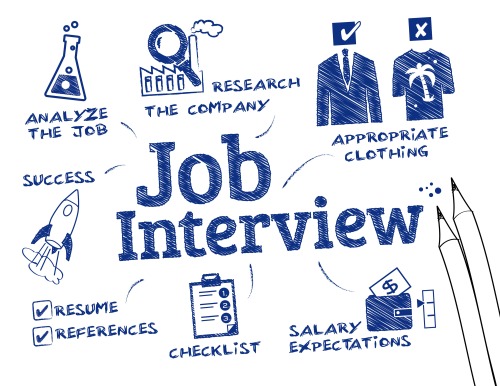In today’s competitive job market, standing out requires more than just experience, it requires preparation, strategy, and confidence. Artificial Intelligence (AI) tools can help you polish every part of your interview prep process, from researching a company to rehearsing your answers. Here’s how to make AI your secret weapon before your next big interview.







